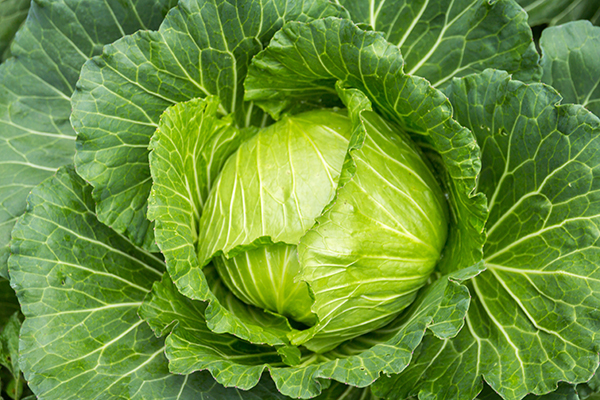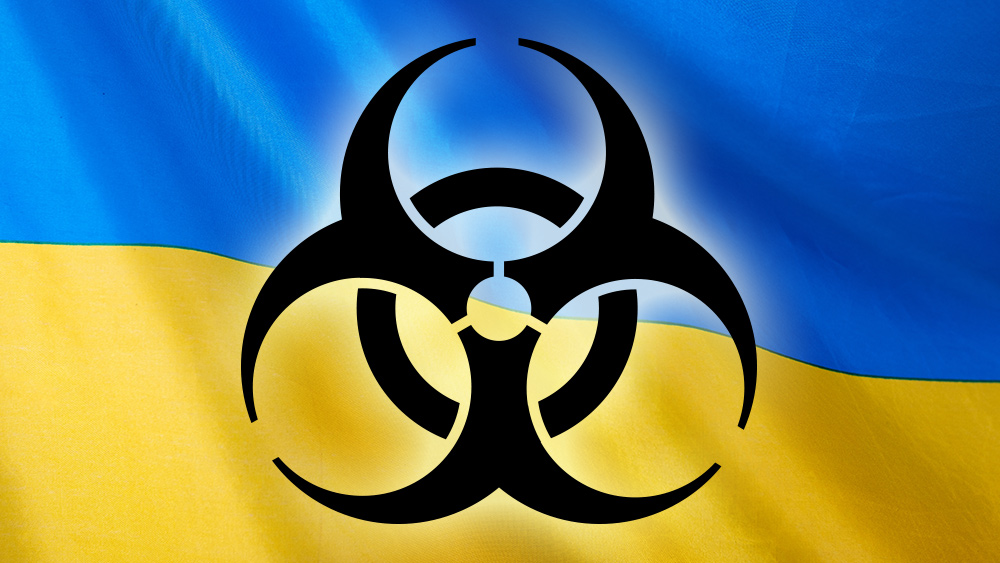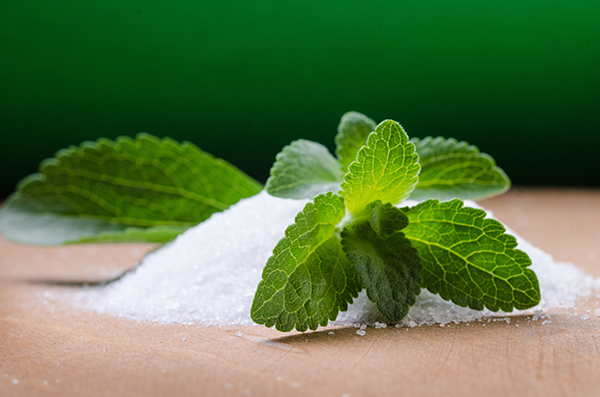 Parler
Parler Gab
Gab
.png) Researchers from South Dakota State University have found that a compound in cruciferous vegetables like broccoli, cabbage, and cauliflower may target those cancer stem cells. [ii] In fact, it may help prevent the recurrence and spread of some cancers.
The compound is called phenethyl isothiocyanate (PEITC). When the researchers added PEITC to a Petri dish with human cervical cancer stem cells about 75 percent of the stem cells died within 24 hours.
PEITC is found in cruciferous vegetables. Studies show it has anti-inflammatory powers. It's also been shown to have chemopreventive activity against a range of cancers including colon, prostate, breast, cervical, ovarian, and pancreatic. It's currently in clinical trials for lung cancer.
The South Dakota researchers found that PEITC slowed the formation of cervical cancer stem cells in a dose-dependent manner. The researchers also found that PEITC significantly reduced the proliferation of both cervical cancer cells and stem cells. In fact, it worked comparably to salinomycin, a chemo drug, but without the toxic side effects.
In addition, the effects of PEITC were significantly better in abrogating cervical cancer stem cell proliferation than paclitaxel, another toxic chemo drug.
In mice, the researchers also found that PEITC lowered the average number and size of tumors.
The researchers noted that "it is becoming increasingly evident that cancer treatment that fails to eliminate CSCs allows relapse of the tumor."
They concluded that "importantly, PEITC is anti-proliferative in both [cervical] cancer cells and [cervical cancer stem cells], suggesting that it may contribute to eradication of cancer more efficiently than compounds targeting either CSCs or regular cancer cells alone."
Researchers from South Dakota State University have found that a compound in cruciferous vegetables like broccoli, cabbage, and cauliflower may target those cancer stem cells. [ii] In fact, it may help prevent the recurrence and spread of some cancers.
The compound is called phenethyl isothiocyanate (PEITC). When the researchers added PEITC to a Petri dish with human cervical cancer stem cells about 75 percent of the stem cells died within 24 hours.
PEITC is found in cruciferous vegetables. Studies show it has anti-inflammatory powers. It's also been shown to have chemopreventive activity against a range of cancers including colon, prostate, breast, cervical, ovarian, and pancreatic. It's currently in clinical trials for lung cancer.
The South Dakota researchers found that PEITC slowed the formation of cervical cancer stem cells in a dose-dependent manner. The researchers also found that PEITC significantly reduced the proliferation of both cervical cancer cells and stem cells. In fact, it worked comparably to salinomycin, a chemo drug, but without the toxic side effects.
In addition, the effects of PEITC were significantly better in abrogating cervical cancer stem cell proliferation than paclitaxel, another toxic chemo drug.
In mice, the researchers also found that PEITC lowered the average number and size of tumors.
The researchers noted that "it is becoming increasingly evident that cancer treatment that fails to eliminate CSCs allows relapse of the tumor."
They concluded that "importantly, PEITC is anti-proliferative in both [cervical] cancer cells and [cervical cancer stem cells], suggesting that it may contribute to eradication of cancer more efficiently than compounds targeting either CSCs or regular cancer cells alone."
 You don't have to wait for a new drug to be developed to take advantage of PEITC. The researchers noted that the concentrations of PEITC they used in their study can be achieved through a diet rich in cruciferous vegetables. They particularly recommended land and watercress.
Prior research published in the British Journal of Nutrition and Biochemical Pharmacology, showed that PEITC from watercress may suppress breast cancer cell development. A small group of breast cancer survivors ate a bowl of watercress and then had their blood tested over the next 24 hours. The researchers found significant levels of PEITC in the blood following the watercress meal. Other studies show that eating watercress and broccoli decreases breast cancer risk.
And broccoli has been shown to kill the stem cells that make cancer immortal as show in the video below:
All good reasons to eat more of these healthy veggies. Cruciferous vegetables were originally named for the way their flowers seemed to form a cross or crucifix shape. But they are also known as "brassica" vegetables. That comes from their botanical name which translates to "cabbage."
The most common cruciferous vegetables you'll find in the supermarket include:
You don't have to wait for a new drug to be developed to take advantage of PEITC. The researchers noted that the concentrations of PEITC they used in their study can be achieved through a diet rich in cruciferous vegetables. They particularly recommended land and watercress.
Prior research published in the British Journal of Nutrition and Biochemical Pharmacology, showed that PEITC from watercress may suppress breast cancer cell development. A small group of breast cancer survivors ate a bowl of watercress and then had their blood tested over the next 24 hours. The researchers found significant levels of PEITC in the blood following the watercress meal. Other studies show that eating watercress and broccoli decreases breast cancer risk.
And broccoli has been shown to kill the stem cells that make cancer immortal as show in the video below:
All good reasons to eat more of these healthy veggies. Cruciferous vegetables were originally named for the way their flowers seemed to form a cross or crucifix shape. But they are also known as "brassica" vegetables. That comes from their botanical name which translates to "cabbage."
The most common cruciferous vegetables you'll find in the supermarket include:
- Arugula
- Bok choy
- Broccoli
- Broccoli sprouts
- Brussels sprouts
- Cabbage
- Cauliflower
- Collard greens
- Kale
- Mustard greens
- Radishes
- Rutabagas
- Watercress
- Curcumin, a compound found in the spice turmeric, can target brain cancer stem cells.[iv]
- Combining curcumin with piperine, a compound in black pepper, helps prevent breast cancer stem cells from renewing themselves.[v]
- EGCG, a compound in green tea, stops prostate cancer stem cells from renewing themselves.
- And combining EGCG with quercetin, a compound found in onions and apples, stops cancer stem cells from migrating and invading other tissues.[vi]
Discovery of two new mammal species from the Jurassic period could reveal how humans got ears
By Kevin Hughes // Share
By News Editors // Share
COVID propaganda: Morbidly obese Green Party candidate demands fresh lockdowns, enforced by military
By News Editors // Share
We are just one step away from an apocalyptic war in the Middle East
By News Editors // Share
By Lance D Johnson // Share
Exploring the best natural sweeteners to enhance your survival stockpile
By HRS Editors // Share
Governments continue to obscure COVID-19 vaccine data amid rising concerns over excess deaths
By patricklewis // Share
Tech giant Microsoft backs EXTINCTION with its support of carbon capture programs
By ramontomeydw // Share
Germany to resume arms exports to Israel despite repeated ceasefire violations
By isabelle // Share










